Most of us do not consciously look at movies
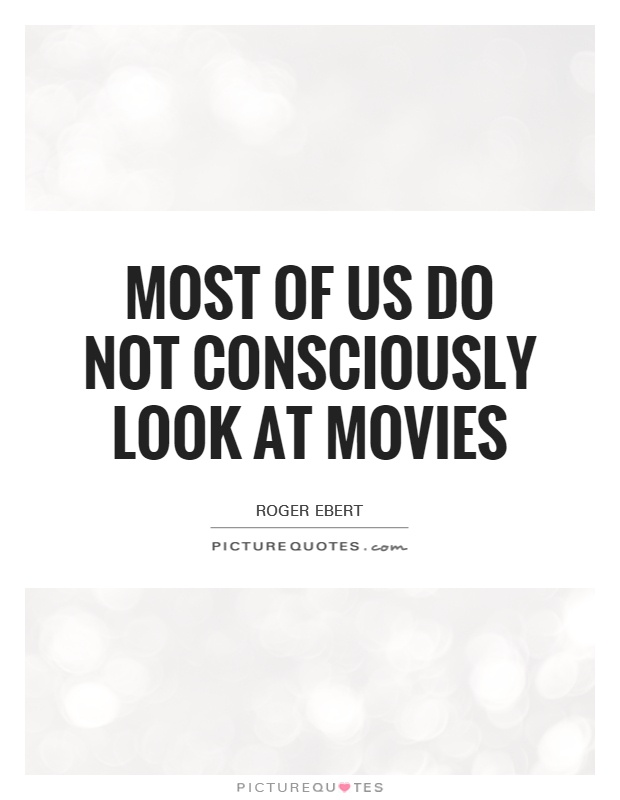
Most of us do not consciously look at movies
Roger Ebert, the renowned film critic, once famously said, "Most of us do not consciously look at movies." This statement holds a profound truth about the way we consume and experience films. Ebert's words suggest that many of us watch movies passively, without truly engaging with the content or critically analyzing the themes, techniques, and messages being presented on screen.In today's fast-paced world, where entertainment is readily available at our fingertips, it is easy to fall into the habit of mindlessly consuming movies without giving them the attention and respect they deserve. We often watch films as a form of escapism, seeking temporary relief from the stresses and pressures of daily life. In doing so, we may overlook the artistic merit and cultural significance of the movies we watch.
Ebert's statement challenges us to approach films with a more critical eye, to actively engage with the content and to appreciate the artistry and craftsmanship that goes into making a movie. As a film critic, Ebert understood the power of cinema to provoke thought, evoke emotions, and spark meaningful conversations. He believed that movies have the potential to shape our perceptions, challenge our beliefs, and inspire us to see the world in new and different ways.
By consciously looking at movies, we can deepen our understanding of the medium and develop a greater appreciation for the art of filmmaking. We can analyze the director's choices in framing, lighting, and editing, the actors' performances, and the overall narrative structure of the film. We can also consider the social, political, and cultural contexts in which a movie was made, and how these factors influence its themes and messages.
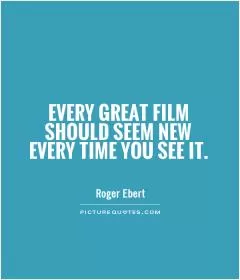
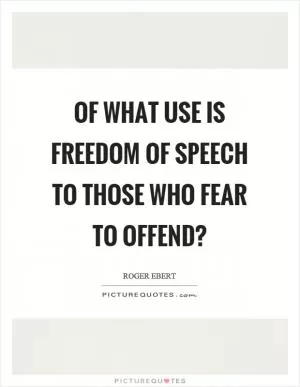
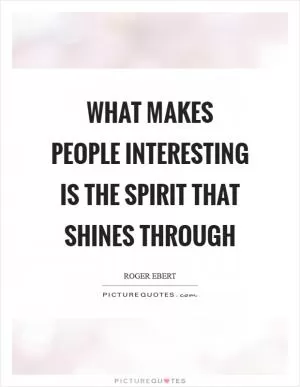

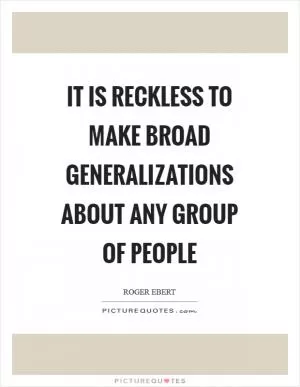
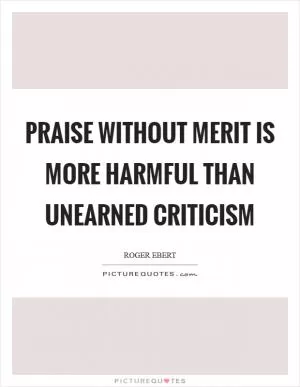
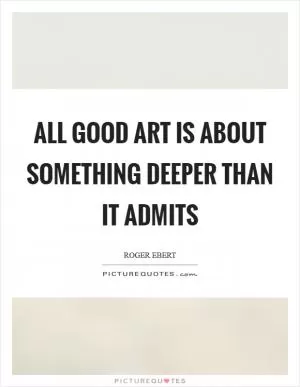
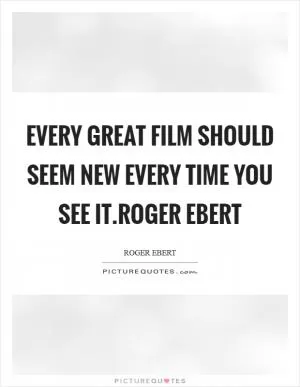
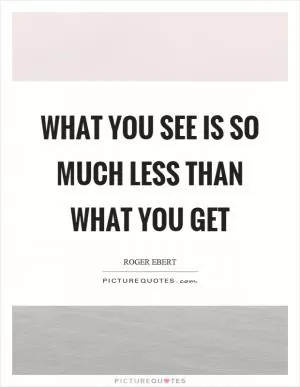
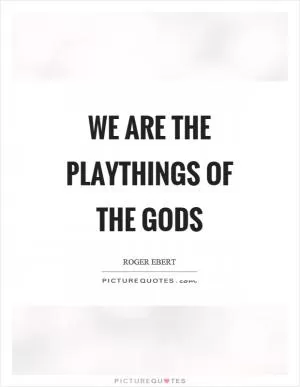
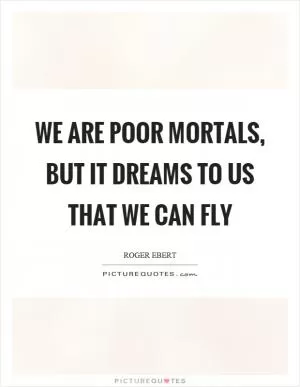

 Friendship Quotes
Friendship Quotes Love Quotes
Love Quotes Life Quotes
Life Quotes Funny Quotes
Funny Quotes Motivational Quotes
Motivational Quotes Inspirational Quotes
Inspirational Quotes